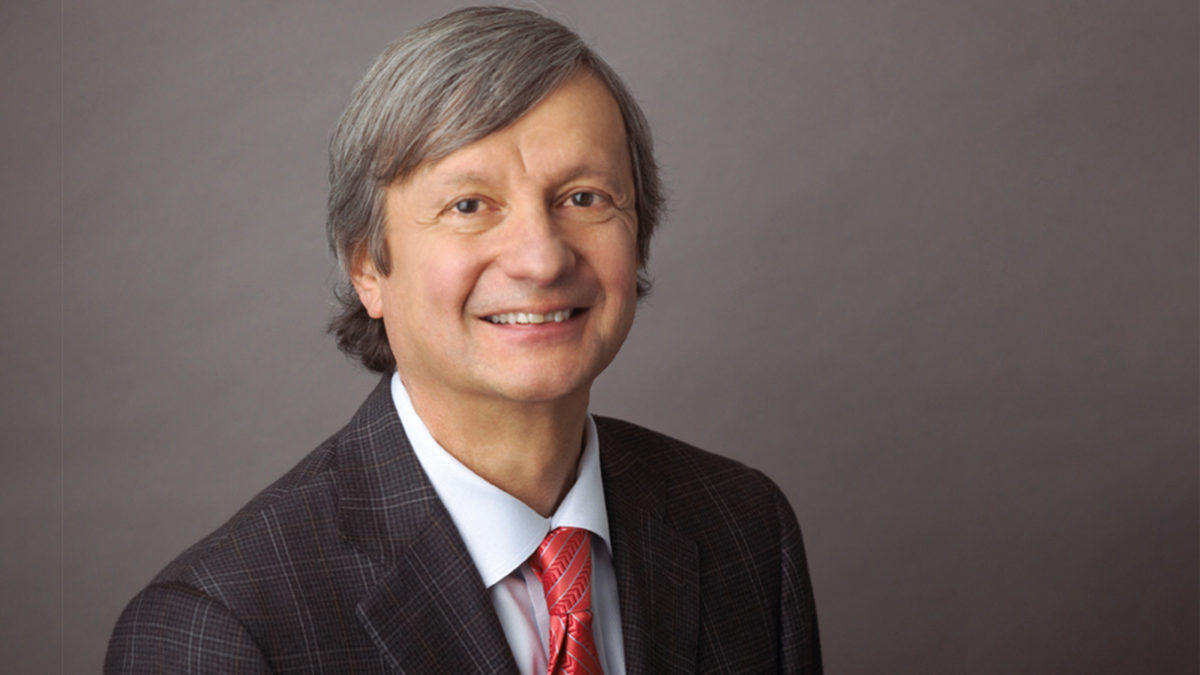‘Everybody’s waiting for the other shoe to drop’ on private valuations
What goes up must come down – unless it’s the valuation of a private company. This ability to defy financial gravity has seen them (and their investors) accused of financial skulduggery, but Mario Giannini (pictured), head of international private markets manager and advisory firm Hamilton Lane, doesn’t expect valuations to come down to earth anytime soon – at least, at the top end of the market.
“(The question of valuations) isn’t as frenzied as it was six months ago, but there’s this persistent undertone of ‘these valuations can’t really be accurate, can they?’… Everybody’s waiting for the other shoe to drop – and if it doesn’t, they’re asking why it isn’t,” Giannini says.
“But the other shoe isn’t going to drop because valuations today are inaccurate,” Giannini says. “It might drop because economies struggle and companies suffer, but it’s not going to drop because they’re not fairly valued today – at least, in the buyout part of the world. In the venture part of the world, they probably will drop over the next year, depending on when those companies need financing. There will be pressure in venture… but it’s typically a much smaller part of portfolios.”
Fundraising activity has slowed as institutional investors adjust for the denominator effect and because there isn’t exactly a frenzy of dealmaking going on. Some institutions also feel they’ve missed the boat on the stratospheric outperformance generated by private markets over the last twenty years, but Giannini argues that while a 30 per cent return might now be unrealistic, is a 15-20 per cent return all that bad?
“You get conditioned to a certain thing and ask whether you should bother if you’re not going to get that,” Giannini says. “That’s a normal hangover in markets… There’s fairly wide disagreement around what (private markets) outperformance is going to look like in the future in terms of will it be enough to justify all the hassles of investing in this asset class.”
“Some people clearly believe the essence and some doubt it. And there was concern around the number of people that continue to move into the private markets and whether there’s going to be too much money, thereby reducing that return premium or maybe even eliminating it altogether.”
There’s “always a healthy debate” about whether that trend can continue, but Giannini believes that
while there will be periods where investors are too exuberant about the asset class, that exuberance will mainly be psychological; as long as public markets remain relatively unattractive to most companies, there are enough opportunities on the “private everything” side to take the amount of capital flowing into them.
“Companies want to stay private longer and there’s the capital available to stay private longer,” Giannini says. “As long as that dynamic continues I’m not worried about too much money flowing into these markets.”
Giannini, who has just returned from a tour of Australia, notes that private markets investing Down Under is constrained by the Your Future Your Super performance test and fee regulations; peer pressure and cost pressure make the country a relative outlier in global private investing.
“The whole benchmarking question with the fee budget is a huge item of discussion – ‘Do I have enough room to take the private equity allocation?’ and some don’t and won’t,” Giannini says. “There’s none of that discussion in the US, there’s none of that discussion in almost any other market, except maybe with the Dutch, though it’s not part of the regulation the way it is in Australia.”
“The whole approach to investing in private markets is completely different… It really creates a context that is unique and makes you think about private equity in ways that nobody else. I’m not saying it’s the right way or the wrong way, but nobody else has to go through that exercise, and it leads you to some different conclusions about what you should be doing in any expensive asset class, whether it’s private equity, infrastructure – pick your relatively more expensive asset class.”
Giannini is in the soft landing camp, but says the next three to six months will be “really rough” with mixed signals on inflation; some will show it picking up in the US and parts of Europe, while others will see it moderating.
“But I think the Fed will keep at it for the next few months,” Giannini says. “I think we’ll be surprised at how quickly the economy turns in the US, and we’ll have a very mild recession and inflation will be a little more persistent. Rates won’t come down particularly dramatically I don’t think we’re going to have a scenario where the Fed sends them back to zero. It’s not a great scenario and it’s not a terrible one… I think inflation will settle into the 3.5 per cent band.”











